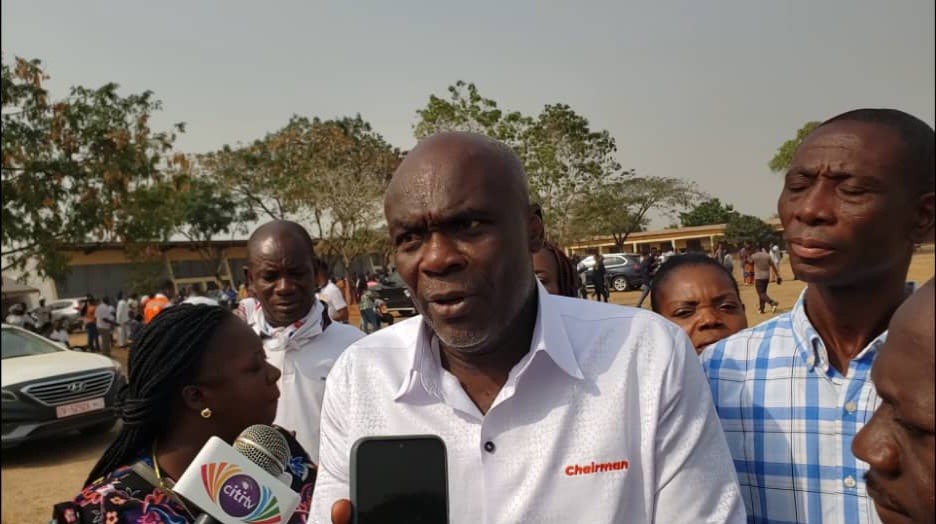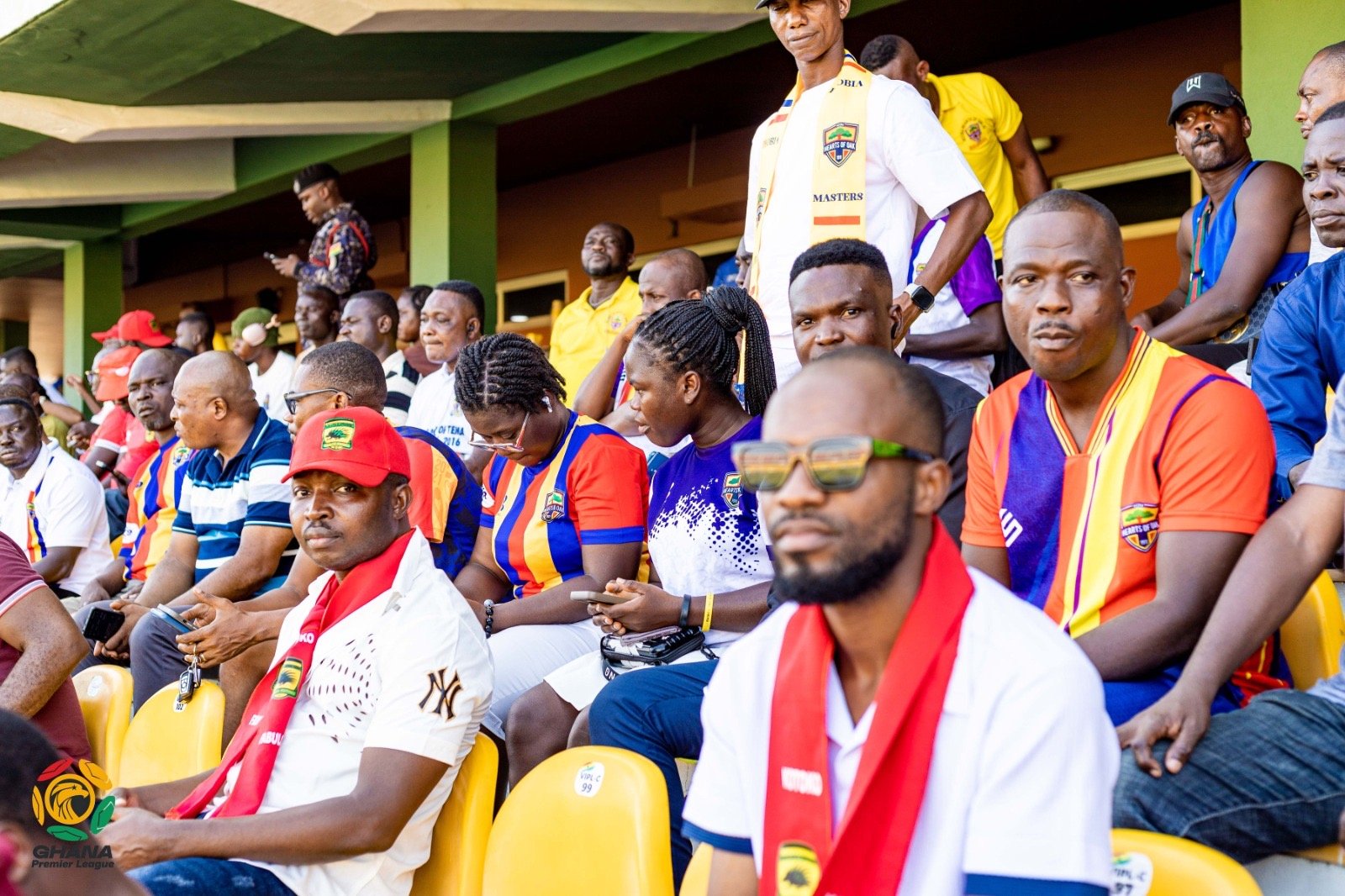
By Rev’d Fiifi AFENYI-DONKOR
The historic nomination of Dame Sarah Mullally as Archbishop of Canterbury, Professor Jane Naana Opoku-Agyemang as first female Vice-President, and Mrs. Efua Ghartey as first female President of the Ghana Bar Association mark milestones in women’s leadership within both Church and society. These achievements, however, did not arise in isolation. Their roots reach back to the 1995 Fourth World Conference on Women in Beijing, which challenged governments, institutions, and faith communities to confront entrenched gender inequality and to affirm women’s full participation in every sphere of life.
As the world observes Beijing 30, the Church is summoned not merely to commemorate social progress but to embrace theological renewal. For Christians, women’s empowerment is not only a social aspiration; it is a gospel mandate.
Beijing’s Promise and the Unfinished Task
The Beijing Declaration and Platform for Action (BPfA) remains the world’s most comprehensive framework for gender equality, defining twelve critical areas ranging from education and health to governance and peacebuilding. Three decades later, the Beijing 30 Action Agenda renews that vision through six priorities: digital inclusion, freedom from poverty and violence, gender-balanced leadership, peace and security, and climate justice.
The 2025 UN Commission on the Status of Women reminds us that our crisis is not in commitment but in implementation. Similarly, Aspiration 6 of Africa’s Agenda 2063 envisions “an Africa whose development is people-driven, relying on the potential of African people, especially its women and youth.”
For the Church, therefore, empowering women is not benevolence but an act of divine justice. The gospel demands the visible restoration of dignity to those long marginalized. Though Beijing’s vision was global, its fruit has been local, shaping policy, faith, and leadership across nations such as Ghana.
Ghana’s Journey
Ghana’s engagement with the Beijing vision was vigorous. Among the country’s delegates was the late Nana Konadu Agyeman-Rawlings, whose advocacy through the 31st December Women’s Movement turned global commitments into community transformation. Her initiatives in education, health, and enterprise empowered thousands of women, bridging international ideals with Ghanaian realities.
At the 30th-anniversary commemoration, President John Dramani Mahama highlighted tangible gains: gender parity in basic education, the Affirmative Action Bill, the creation of DOVVSU (Domestic Violence and Victim Support Unit), and plans for a Women’s Development Bank. The appointment of Rt. Hon. Justice Joyce Bamford-Addo as the first female Speaker of Parliament and four female Chief Justices, including Her Ladyship Georgina Theodora Wood, first female Chief Justice, further testify to the nation’s growing embrace of women’s leadership in governance and the judiciary.
Yet, the broader picture remains uneven. Rural women, the backbone of Ghana’s agricultural economy, still lack equitable access to land, credit, and technology. Women with disabilities continue to face structural exclusion from education, employment, and even full participation in worship. Urban women, though more visible, still battle class prejudice and workplace harassment.
As Prof. Takyiwaa Manuh and Nana Akua Anyidoho note in “To Beijing and Back” (IDS Bulletin, 2015), “significant work remains to be done in tackling resistances and tokenism.” Representation in decision-making remains narrow, and gender-based violence persists despite legal safeguards. The Church, as society’s moral compass, must ask: Do our pulpits, pews, and policies reflect the transformation we proclaim, embracing all women and not merely the privileged few?
Biblical Models of Empowerment
Scripture itself celebrates women as bearers of divine vocation and moral courage. Deborah, prophetess and judge (Judges 4–5), led both spiritually and politically, affirming that divine calling transcends gender. Esther’s courage to risk her life for her people remains a timeless emblem of advocacy and faith. The Proverbs 31 woman embodies not passive submission but industrious stewardship, an entrepreneur and community builder.
Christ’s ministry deepened this truth. He welcomed women as disciples (Luke 8:1–3), defended their dignity (John 8:1–11), and entrusted the first Easter proclamation to Mary Magdalene (John 20:16–18). Revelation, therefore, belongs not to the powerful but to the faithful.
At Pentecost, the Holy Spirit fell upon all believers, male and female alike (Acts 2:1–4), signalling that divine empowerment is not bound by gender or status. This inclusive Spirit continues to manifest in Ghana’s Pentecostal and Charismatic movements, where women from modest beginnings have become pastors, prophets, and founders of thriving ministries.
Patriarchal Readings and Theological Dialogue
Despite Scripture’s liberating witness, centuries of interpretation have been shaped by patriarchal cultures. Both Jewish and African traditions have often privileged male dominance, reading hierarchy into texts meant to reveal partnership.
The first creation story (Genesis 1:27) affirms that God created man and woman together in His image. Yet the second (Genesis 2:21–23) is often cited to justify male precedence. However, as some theologians may note, the bone used to form Eve was not taken from Adam’s head, implying rule, nor from his heel, implying subservience, but from his side, symbolizing partnership and shared dignity.
Within global Christianity, two main interpretations persist. Complementarian theology teaches that men and women are equal in worth but distinct in role, citing Ephesians 5 and 1 Corinthians 11 as evidence of divine order. Egalitarian theology, on the other hand, stresses shared authority and partnership, drawing from Galatians 3:28 and Paul’s commendation of women leaders like Phoebe, Priscilla, and Junia (Romans 16:1–7).
In Ghana, both tendencies coexist. Some Evangelical and Pentecostal churches retain male headship models; others, especially charismatic ministries, recognize women as pastors, apostles, and prophets. These expressions, different yet Spirit-led, call for mutual respect and discernment within the body of Christ. As Mercy Amba Oduyoye reminds us, “Theology that ignores women’s experience of God becomes an incomplete theology.” The gospel demands liberation that is comprehensive, inclusive, and embodied.
Equality and Equity: A Biblical View
The gospel distinguishes equality from equity. Equality affirms our shared worth before God; equity restores balance where history has caused harm. The Psalmist proclaims, “He raises the poor from the dust and lifts the needy from the ash heap” (Psalm 113:7). This is divine equity, justice that restores dignity, not mere uniformity.
Hence, gender equity is not a sociological experiment but a spiritual necessity. The Church’s calling is to create structures that uplift the lowly, rural mothers, women entrepreneurs, girls with disabilities, so that none remain in subjugation. As Sr. Teresa Okure asserts, “The gospel cannot be good news if it leaves women in subjugation.” Justice, in the biblical sense, is restorative: it heals, rebalances, and re-humanizes.
The Church’s Call
If the Church is truly the body of Christ, then faith must move from affirmation to action (James 2:17). Six areas are identified for faithful reform:
Dignity and Mission: Women’s dignity flows from their creation in God’s image (Genesis 1:27). Any theology that excludes or limits women, particularly the poor, rural, or disabled, distorts divine intent.
Leadership and Partnership: The Spirit’s gifts are not gendered. Yet, more than a century after the founding of Ghanaian Methodism, no woman has been elected Bishop in The Methodist Church Ghana or Moderator in the Presbyterian Church. This calls for repentance and renewal.
Equity in Practice: Theological seminaries should teach gender and social justice as core disciplines. Church councils must adopt measures, quotas or other mechanisms, that ensure women’s participation at all decision-making levels.
Cultural and Structural Transformation: Policies alone are insufficient. Empowerment requires transformation of mindset and practice, dismantling institutional barriers while nurturing confidence and mutual support among women.
Holistic Empowerment: True empowerment is spiritual, economic, digital, and ecological. It must intentionally include rural women, women with disabilities, and those on the margins.
Accountability and Witness: Churches must model inclusion in leadership, liturgy, and mission, becoming credible witnesses of the gospel’s liberating power.
Only then can the Church embody the justice it proclaims.
Conclusion
Thirty years after Beijing, the Church must move from acknowledging equality to implementing it. Considerable progress has been achieved, yet the absence of women in top ecclesial leadership and the continuing marginalization of poor, rural, and disabled women reveal unfinished work.
Across Methodist, Presbyterian, Catholic, Pentecostal, and charismatic traditions, the Spirit calls for repentance and renewal. Empowerment is not rebellion against divine order but obedience to God’s liberating will. As Prof. Mercy Amba Oduyoye writes, “Liberation begins when women and men walk together toward wholeness.”
The future of the Church does not rest on competition between sexes but on partnership grounded in respect and shared mission. Gender justice is, ultimately, gospel truth, a reflection of God’s kingdom where all, male and female alike, build together in love, purpose, and power.
A Church that preaches liberation must now live it, fully, inclusively, and without delay.
By Rev’d Fiifi Afenyi-Donkor is an ordained Minister of The Methodist Church Ghana, writing on theology, ethics, and civic responsibility
The post The Beijing conference and the gospel’s mandate appeared first on The Business & Financial Times.
Read Full Story

















Facebook
Twitter
Pinterest
Instagram
Google+
YouTube
LinkedIn
RSS